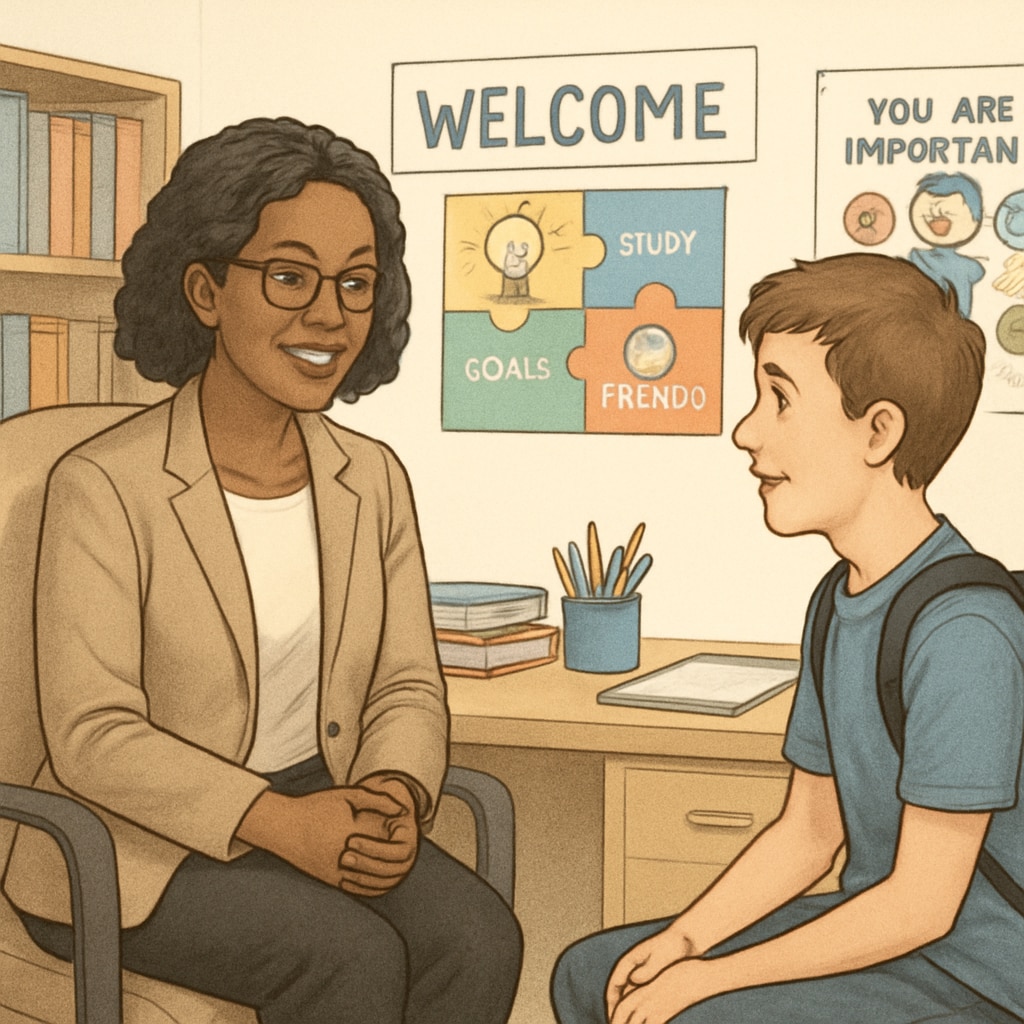Interviewing school counselors is a vital step for graduate students pursuing degrees in school counseling. Not only does it provide a window into the real-world challenges and responsibilities of the role, but it also helps students build crucial professional connections. In this article, we’ll explore practical strategies for identifying and approaching counselors in middle and high schools, conducting successful interviews, and leveraging the insights gained for professional development.
Why Interviewing School Counselors Matters
School counseling programs are designed to blend theoretical knowledge with practical experience. Interviewing practicing school counselors helps bridge this gap by offering firsthand insights into the day-to-day realities of the profession. For example, students can learn how counselors address diverse student needs, implement school-wide initiatives, and collaborate with teachers, parents, and administrators. These interviews also provide a platform to ask questions about career progression, challenges in the field, and strategies for success.
Moreover, these interactions are an excellent opportunity for networking. A well-conducted interview can leave a lasting impression, potentially opening doors for mentorship or future job opportunities. Therefore, approaching this task with professionalism and preparation is essential.

Practical Strategies for Finding and Approaching Counselors
One of the first challenges students face is identifying school counselors who are willing to participate in an interview. Here are some effective methods:
- Utilize Your Network: Begin by reaching out to your professors, classmates, or alumni who may have connections with school counselors. Personal recommendations often yield positive responses.
- Direct Outreach: Research local middle and high schools and identify the counseling staff through their websites. Draft a professional and concise email introducing yourself, explaining the purpose of the interview, and proposing a flexible schedule.
- Leverage Professional Associations: Organizations like the American School Counselor Association (ASCA) often have directories or forums where you can connect with professionals.
When reaching out, ensure your communication is respectful and professional. Highlight how the interview aligns with your educational goals and express gratitude for their time and expertise.
Conducting a Meaningful Interview
Once you secure an interview, thorough preparation is key. Here are some tips to ensure a productive conversation:
- Research the School: Familiarize yourself with the school’s demographics, mission, and any unique programs. This knowledge allows you to tailor your questions and demonstrate genuine interest.
- Prepare Thoughtful Questions: Focus on open-ended questions that encourage detailed responses. For instance, ask about the counselor’s strategies for supporting students’ academic and emotional needs or how they measure the success of their initiatives.
- Be Professional: Dress appropriately, arrive on time, and bring a notebook or recording device (with permission) to document important points.
- Show Appreciation: Conclude the interview by thanking the counselor for their time and valuable insights. Follow up with a thank-you email to reinforce your gratitude.
Remember, the goal is not just to gather information but also to make a positive impression that could lead to future opportunities.

Turning Insights into Professional Growth
After the interview, take time to reflect on what you’ve learned. Organize your notes and identify key takeaways that can inform your coursework, internships, or career planning. Consider the following steps:
- Integrate Lessons into Assignments: Use the counselor’s insights to enrich your academic projects or presentations.
- Seek Feedback: Share your findings with your professors or peers and ask for their perspectives on how to apply this knowledge.
- Maintain the Connection: Stay in touch with the counselor by sending periodic updates about your progress. This helps build a long-term professional relationship.
In addition, consider sharing your interview experience on professional platforms like LinkedIn, where it can showcase your proactive approach to learning and contribute to discussions within the counseling community.
By treating these interviews as more than a coursework requirement, you can transform them into a stepping stone for long-term success in the school counseling field.
Readability guidance: Use short paragraphs and lists to summarize key points. Incorporate transitions like “however,” “therefore,” and “for example” to improve flow. Maintain an active voice wherever possible to ensure clarity and engagement.


